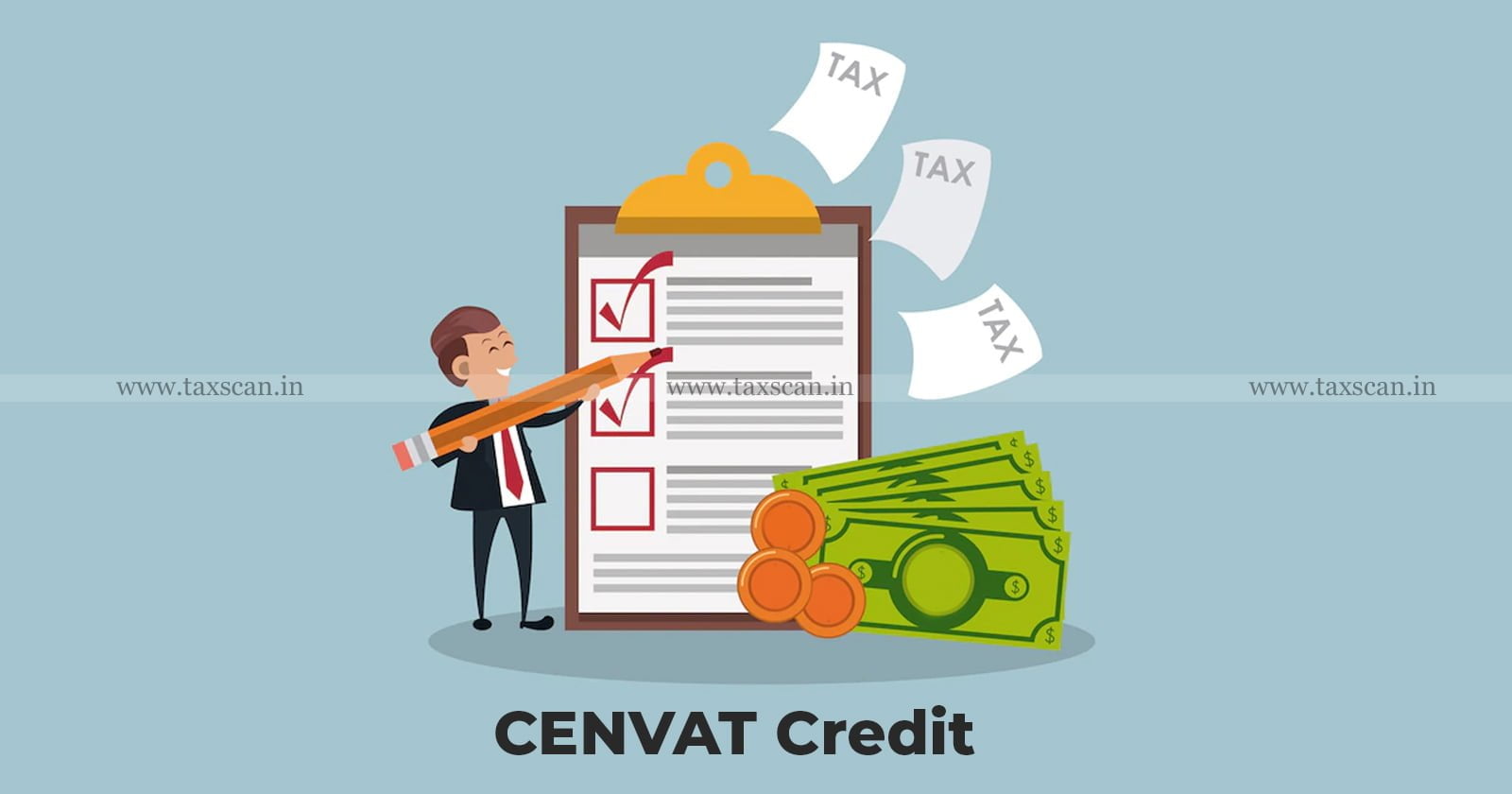Setback for Godrej: CESTAT rules Buyer-Facilitated Duty-Free Benefits via LoIs Constitute Additional Consideration [Read Order]
CESTAT ruled that duty-free import benefits received through buyer-issued LoIs qualify as additional consideration under Rule 6 of Central Excise Valuation Rules
![Setback for Godrej: CESTAT rules Buyer-Facilitated Duty-Free Benefits via LoIs Constitute Additional Consideration [Read Order] Setback for Godrej: CESTAT rules Buyer-Facilitated Duty-Free Benefits via LoIs Constitute Additional Consideration [Read Order]](https://images.taxscan.in/h-upload/2025/07/29/2070430-setback-for-godrej-godrej-cestat-cestat-rules-buyer-facilitated-duty-free-benefits-taxscan.webp)
The Mumbai Bench of the Customs, Excise, and Service Tax Appellate Tribunal (CESTAT) held that buyer-facilitated duty-free import benefits through Letters of Invalidation (LoIs) are considered additional consideration under Rule 6 of the Central Excise Valuation (Determination of Price of Excisable Goods) Rules, 2000.
Godrej Industries Ltd., the appellant, is engaged in the manufacture of products like Erucic acid, Stearic acid, and Oleic acid. The company sold these products to buyers who held Advance Licenses and provided LoIs, allowing Godrej to import raw materials without paying customs duty. Godrej also claimed duty drawback on these deemed exports.
The Department issued a show cause notice alleging undervaluation. The department argued that the benefits received by Godrej through these buyer-supplied LoIs should have been included in the transaction value of the goods, as they amounted to indirect consideration from the buyer.
 Also Read:CENVAT Credit on Technical Know-How Services Not Eligible for Trading Use: CESTAT on LG Electronics Case [Read Order]
Also Read:CENVAT Credit on Technical Know-How Services Not Eligible for Trading Use: CESTAT on LG Electronics Case [Read Order]
The Commissioner confirmed part of the duty demand and imposed a penalty, while excluding components like CVD, cess, and SAD from the assessable value.
Understanding Common Mode of Tax Evasion with Practical Scenarios, Click Here
The company challenged the order before the Tribunal, arguing that it charged the same prices to all customers, regardless of whether they provided LoIs. The appellant’s counsel that the benefit came from a government scheme and not from the buyers directly. They argued that the extended limitation period was not applicable because there was no suppression or misstatement.
The department’s counsel pointed to invoice comparisons showing that buyers who provided LoIs were charged lower prices. They argued that the price advantage was made possible only because of the buyer’s action of transferring duty-free import rights, which reduced the seller’s cost and must be treated as indirect monetary benefit.
The two-member bench comprising S.K. Mohanty (Judicial Member) and M.M. Parthiban (Technical Member) observed that the LoIs and AROs clearly enabled Godrej to gain a cost advantage, which was reflected in lower prices offered to specific buyers. It held that this benefit constituted additional consideration flowing from buyer to seller.
The Tribunal upheld the Commissioner’s order and dismissed both appeals, Godrej’s challenge to the duty demand and the Department’s appeal for further enhancement.
Support our journalism by subscribing to Taxscan premium. Follow us on Telegram for quick updates


